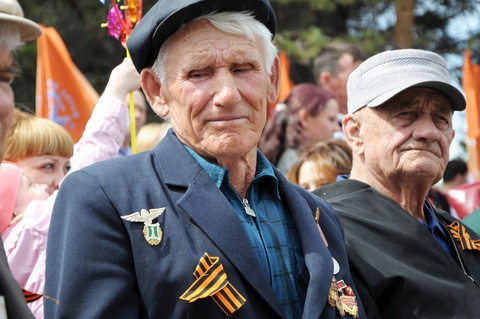Coping with Cancer: Understanding Veterans’ Experiences

Living with lung cancer can be tough, especially for veterans who have served their country. A recent study looked at how veterans feel and cope with lung cancer. While the study looked at veterans with lung cancer, its findings can also help veterans with mesothelioma.
Psychological Challenges in Veterans
Mesothelioma, caused by asbestos exposure, can make veterans feel sad, worried, or stressed, just like lung cancer does. By understanding how veterans with lung cancer cope, we can learn how to help veterans with mesothelioma too. This could lead to better support programs that help veterans with mesothelioma feel better and improve their lives.
The study looked at 60 veterans with different types of lung cancer. They used tests to see how the veterans were feeling. They found that many veterans feel sad, worried, or depressed because of their cancer. This is called psychological distress.
Authors found that 37% of veterans felt depressed, 35% felt anxious, and 13% had posttraumatic stress symptoms related to their cancer. Posttraumatic stress is when someone feels scared or stressed because of something that happened to them. About 23% of veterans felt distress on more than one of these tests. This shows that many veterans with lung cancer feel sad, worried, or stressed about their health.
The study also talked to some veterans about their experiences. These veterans said that coping with cancer was hard and sometimes made them feel down. They talked about how their lives had changed since they were diagnosed with lung cancer.
Veterans’ Experiences and Implications for Mesothelioma
The researchers want to find ways to help veterans who are struggling with their mental health because of their cancer. They think that mental health support programs could be helpful. These programs could give veterans the tools they need to cope with their feelings and improve their quality of life.
Living with lung cancer or mesothelioma can be challenging, especially for veterans. Many veterans experience psychological distress, feeling sad, worried, or stressed because of their cancer. By understanding their experiences and developing targeted support programs, we can help improve the quality of life for veterans living with lung cancer.
Source:
Ramos, Katherine, Heather A. King, Micaela N. Gladney, Sandra L. Woolson, Cynthia Coffman, Hayden B. Bosworth, Laura S. Porter, and S. Nicole Hastings. “Understanding Veterans’ Experiences with Lung Cancer and Psychological Distress: A Multimethod Approach.” Psychological Services, 2024, No Pagination Specified-No Pagination Specified. https://doi.org/10.1037/ser0000839.





